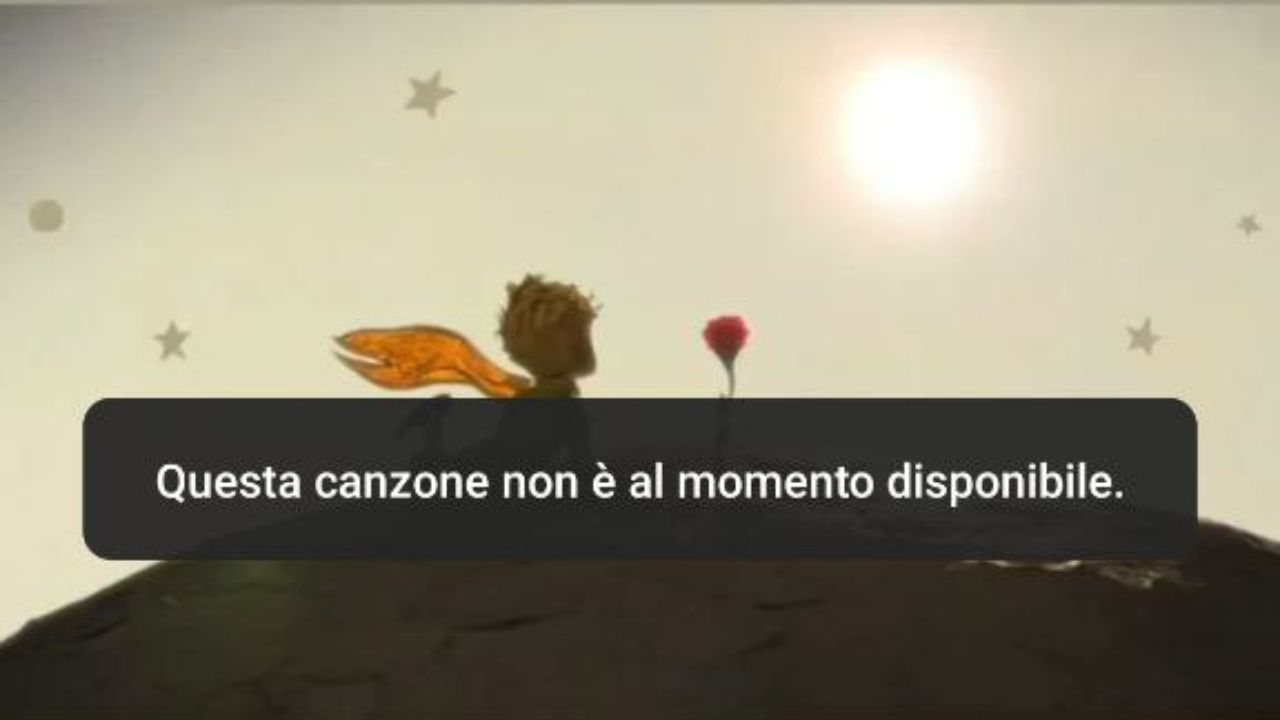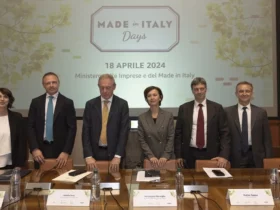Listen to your favorite songs on Amazon Music. 3 months free
For a week now, the lack of agreement between SIAE – the Italian Society of Authors and Publishers – and Meta, the tech giant that brings together Facebook, Instagram and WhatsApp, have been discussed. A failed agreement which, like a bolt from the blue, suddenly led to the removal of the entire Italian music catalog from the social libraries of Facebook and Instagram.
We remember that SIAE is the main collector of royalties and copyrights in Italy, and aims to protect the works of its members. This means that in order to offer users the possibility of using music in stories and reels, Meta pays the company, which then distributes the proceeds to the authors and publishers who created and distributed that music. Apparently though the two sides have not reached an agreement.
We have already expressed ourselves on the matter, with rather harsh tones, in our dedicated article. However, some important questions remained: why did Meta have this problem only with Italy and not with the other 150 countries in which it operates? Was the agreement canceled due to an excessively expensive proposal by SIAE? Why were foreign songs and Italian songs by artists not belonging to the SIAE repertoire suddenly removed? To these questions, unanswered until now, a letter from SIAE arrives to its associates, in which the company clarifies.
Did SIAE ask for too much money?
Among the first speculations regarding the affair were those who suggested that SIAE had proposed too high a figure to Meta. Well that didn’t happen (at least this is the SIAE version).
“The negotiation was interrupted due to Meta’s refusal to share with SIAE the information necessary for the definition of a reasonable sum to remunerate the authors and publishers”, states the Company. “European regulations establish that those entitled must receive an adequate and proportionate sum for the use of their works”
In short: Meta allegedly imposed a lump sum on SIAE, in the formula of “take it or leave it”. SIAE, on the other hand, requested access to the usage data of its catalogue, in order to be able to submit a reasonable request.
“Meta derives astronomical figures from musical works: this is all vital information for the calculation of an adequate and proportionate sum”, reads the letter to the authors. “Transparency in negotiations is an obligation enshrined in the European Directives, to protect those entitled to it. We have always declared ourselves available to review our requests with respect to the terms of the agreement should Meta share the revenue data derived from the use of the musical works. So far we have no answers. The only data available to us is the public one, which Meta declares in the United States: a turnover of 116 billion euros in 2022″.
Why has Meta made agreements with 150 countries and not with SIAE?
A legitimate question: if Meta finds agreements with everyone and not with Italy, then the problem must be Italy. In reality, as SIAE explains to us, this is not exactly the case. The Company provides us with a twofold answer:
First of all, SIAE is the first collecting society in Europe, after the European Directive on Copyright, to have had the contract with Meta expire. This means that she’s not the only one to have had a problem with Meta, she’s just the first. The same situation could arise in the coming months for the other collecting societies in Europe, as soon as the contracts they have with Meta expire. To date it is not known who these 150 countries are, nor what kind of agreements Meta has entered into.
The second answer that SIAE gives us is the same one that we had proposed to you in our big article dedicated to the subject. Meta is going through a particularly critical moment from a financial point of view. Mark Zuckerberg, after the disastrous fourth quarter of 2022, had declared that 2023 would be the year of efficiency. An elegant way of saying that Meta would tighten his belt. It is no coincidence that the last two months have been characterized by massive waves of layoffs. In the letter SIAE states:
“It comes natural to think that, as well as on the skin of the employees, cost cutting is also done to the detriment of the work of authors and publishers”.
SIAE also poses the question from a different perspective: “why were we able to make agreements with everyone (Youtube, Tiktok, Spotify, etc.), but not with Meta?
Why have also the songs not protected by SIAE disappeared?
As a first consequence of the failed agreement, Meta removed all the music from its Instagram and Facebook libraries. This means that for several days users have not had access to practically 99% of global songs. This also included international tracks and those not managed by SIAE. Not only: the authors Soundreef also paid the price (competitor of SIAE in Italy), whose songs have also been removed. Initially it was thought to be a sort of “retaliation of Meta”. A “transversal revenge” to punish Italy.
In reality, there is only a great deal of confusion at the basis of this maneuver. Meta had to reorganize its entire library, trying to identify which songs could remain in the catalog and which ones should be removed. To date, international music (or at least much of it) seems to have come back online on Meta platforms. The Italian songs of Soundreef artists remain offline. The latter has already expressed its willingness to take legal action if the situation does not resolve itself.
SIAE explains that “not even the Italian music industry had been forewarned by Meta regarding this decision. One fact may have created quite a few problems for record companies that had a new product or album to launch. The truth is that we are all forgiven from this stance by Meta: the music chain, the authors, the publishers, all of SIAE and Meta itself”.
SIAE had to accept Meta’s unilateral proposal: it guarantees visibility for authors, even if not money
A small but noisy group of authors accused SIAE of having thought only of its own economic interests. According to this group, SIAE should have accepted any proposal, as the authors would have benefited in terms of publicity, keeping their music on social media.
SIAE responds to these people in an impeccable way, in our opinion. Anyone who has played, even just in the local pub, knows how difficult it is to get financial recognition. Anyone who has played has heard, at least once, things like that “I don’t pay you, but I give you visibility in my place”. In the meantime, however, that venue was making money on concert patrons. Similarly, SIAE responds with this statement:
“But I pay you in visibility: how many authors, artists, and professionals in general have found themselves faced with this answer in the course of their career? Imposing the obligation – for content sharing platforms – to pay copyright in a proportionate way is the Copyright Directive for which the same authors and publishers from all over Europe have been fighting for years. We understand that the promotional aspect is fundamental for an artist, especially for emerging ones. However, the economic return, in terms of copyright, is not only a matter of principle but also of a practical and economic nature”.
















Leave a Reply
View Comments